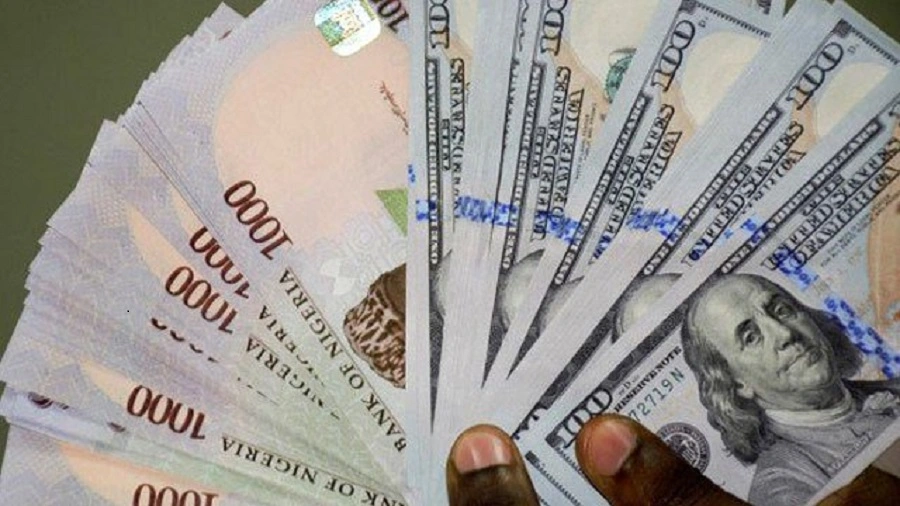Reports suggest that the naira-dollar exchange rate fell to N800/$1 on Monday at the fx black market, despite some outlets reporting an exchange rate of N865/$1.
Although Entrepreneurng cannot confirm any of these rates, sources at several bureaus de changes we spoke with suggest that rates range between N790-N800/$1.
Since the apex bank’s announcement last week, the naira has dropped from its initial record low of N765/$1, losing more than N30 in three days, putting additional pressure on an already depreciating currency. Meanwhile, the official rate on the central bank’s preferred NAFEX market is N443/$1, representing a N352 rate difference between the official and black market rates.
According to our sources, the market’s disparate exchange rate frenzy is also caused by naira hoarders who are rushing to convert their naira stashed outside banks to dollars before the deadline date. Following the CBN’s announcement that the newly redesigned naira notes would begin circulating in the economy on December 15, 2022, the local Nigerian currency is currently under heavy selling pressure in the black market.
Rate disparity
But as rates continue to be brandished across media platforms, actual trades are consummated at disparate rates.
- A trader who spoke to Naijaonpoint earlier on Monday confirmed they sold forex at about N785/$1 for “inflow”, a term forex transfer other than cash.
- The source also opined that cash-based trades sold at a higher premium to accommodate increased hoarder demand.
- Another trader who spoke to Naijaonpoint claimed rates were even as high as N890/$1 for inflows and N807/$1 for cash transfers. However, they cautioned these were mere speculative buttressing the buy and sell frenzy in the market.
- Rates across several parts of the country also differed in prices for cash and inflow, deepening the fragmentation in the black market where forex is traded unofficially.
Who is buying?
Findings from traders suggest the buyers are diverse despite the activities of those looking to convert their naira stash into dollars.
- Buyers include Nigerians leaving the country for Canada, and other western nations, students schooling abroad, importers, speculators, and companies looking to repatriate forex.
- While there are diverse buyers, sellers are few and far between, dominated mostly by exporters and some Nigerians in the diaspora.
Pressure on hoarders
The pressure remains high as most Nigerians are exposed to the central bank’s deadline date to deposit their cash hoard approaches.
- Reports indicate most black market operators are wary about collecting cash in exchange for dollars for fear of being queried by banks and the EFCC.
- Most of the illegally obtained naira stashed in people’s homes risk catching up with the central bank’s January 31, 2023, deadline.
- The new currencies will begin circulation on the 15th of December, 2022.


